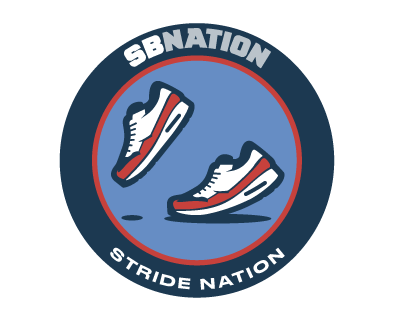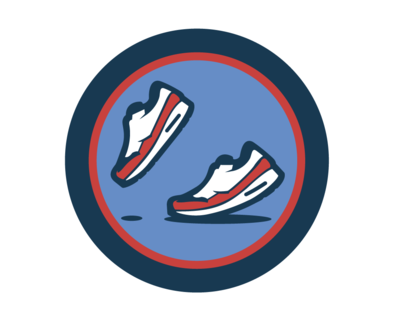(Ed. note - promoted from FanPosts)
The holidays are delightful and delicious. Family and friends present us with trinkets of their affection and delicious treats can be readily found in the kitchen as Thanksgiving turns into Christmas and Christmas to the new year. After the holiday season, the goodies are out of sight, but not out of mind. Every year, my burgeoning waistline keeps those culinary indulgences in the forefront of my mind as I waddle through January. This year is going to be different. After weeks of exercising my right elbow as I faithfully shoveled in the artfully disguised mounds of pure cane sugar, I have decided to exercise the rest of me.
Before 2013 comes to a close, I will race in a triathlon.
I am not a seasoned runner. After doing some online research, I made a plan to get started. Training for a triathlon, like any behavior modification program, is focused on achieving small goals on the way to the ultimate prize. Beginners should consider a slow steady approach, or perhaps training first for a mini-triathlon. Triathlon enthusiasts know the three-part endurance test involves biking, swimming and running. A plan is necessary to reach your goals; keeping a daily food and exercise journal can keep you on track.
Before you begin your workout program, be sure to visit your doctor and make sure your physical health is up to the challenge. I hadn't exercised in the several months -- unless the repetitive motion of brushing cookie crumbs off my sweatshirt counts -- and knew my exercise schedule would involve alternating days of biking, swimming and running most days of the week. Thankfully, my doctor was quick to point out that rest days are as important as workout days. Work and recover. Work and recover. This is your new mantra.
The next priority is getting the proper clothing and gear for training and performance. Never used old shoes or improperly tuned bicycles during training or you risk the chance of injury. Comfortable outfits and shoes can help keep you motivated to train, just as reading about other race winners’ triumphs and pitfalls can help push you towards success. Join a training club or find an accountability partner to keep you going when you just don’t feel like hitting the pool or going to the gym.
When you are training for a triathlon, nutrition and sleep will either work for you or against you. You will probably notice that you get hungry more often during training. That is normal and you should eat when you get hungry. Eating the proper balance of proteins and slow-digesting carbs mixed with fresh fruits and veggies is the best offense. Yes, I'm sad to say that means you'll have to ditch the daily samplings of fudge and peanut butter cookies. Luckily, a training diet does not have to be complicated. As a general rule, plan on three square meals a day that are equal parts protein, carbs and fresh fruits and vegetables. If you are training really hard, consider adding extra calories with protein bars or energy drinks with a sound nutritional balance before or after workouts.
A full night’s sleep is essential for your body to recover. If you are serious about getting in shape and racing in a tri, you might have to give up those late nights at the movies or nights out on the town. More sleep will provide added benefits on your journey to the finish line.
I love a night out dancing with my friends as much as the next partygoer, but I love even more accomplishing a goal that I've set my mind to. Training hasn't always been easy, but I'm not giving up. Eating right, drinking enough water, indulging in sweets every once in a while and having my best friend keep me accountable is certainly helping. See you at the finish line!


